Pakistani literature boasts a rich tapestry of artistic expression, reflecting the diverse and vibrant culture of the region. From poignant novels that explore the depths of the human psyche to enchanting tales that transport readers to fantastical realms, the literary contributions of Pakistani authors are both varied and significant. In recent years, the global literary community has increasingly recognized and celebrated these works, with numerous Pakistani Award-Winning Books garnering accolades and admiration from readers and critics alike.
Highlighting these award-winning masterpieces is not only crucial for acknowledging the talent and creativity of Pakistani writers but also for inspiring readers around the world to engage with the compelling narratives and unique perspectives offered by Pakistani literature. Through this exploration, we aim to shed light on the exceptional books that have not only won prestigious awards but have also carved a niche for themselves in the annals of world literature, contributing to the global dialogue on culture, identity, and the human experience.
A Journey Through Time: Pakistan’s Literary Heritage
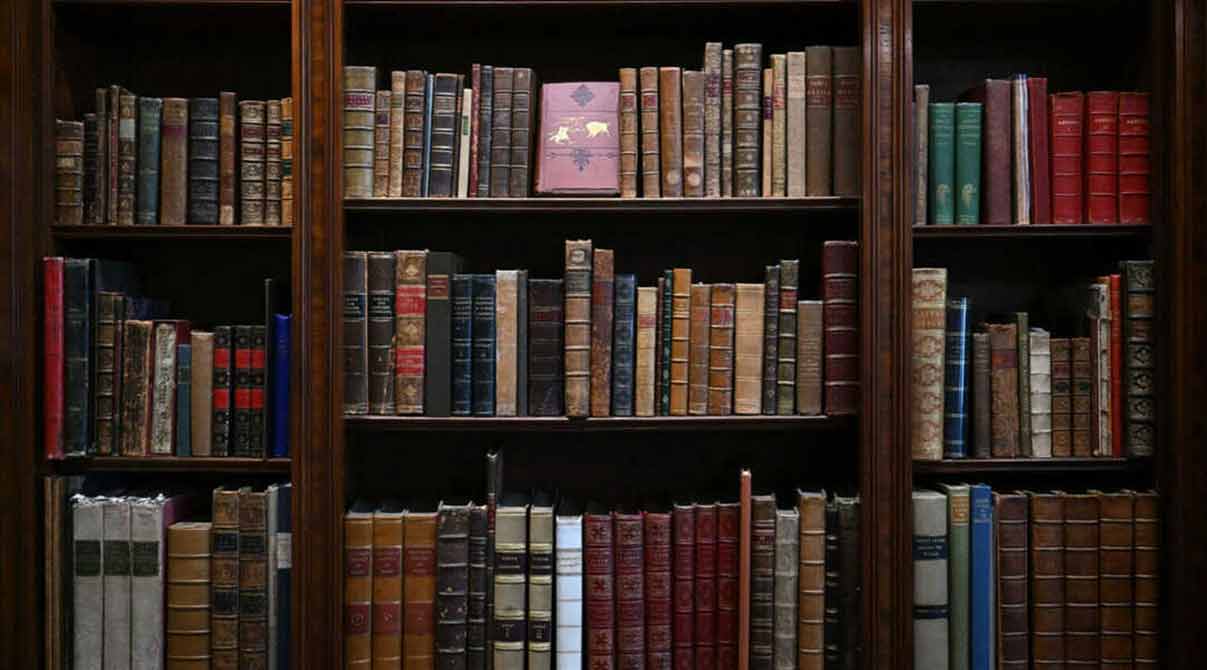
Pakistani literature, with its profound depth and diversity, has been a significant cultural facet since the country’s inception in 1947. The early literary contributions primarily revolved around the themes of identity, partition, and the socio-political dynamics of a newborn state. Prominent authors like Saadat Hasan Manto and Faiz Ahmed Faiz, showcased their intellectual and creative prowess in Urdu literature, and their works continue to remain popular for their timeless relevance and insight.
Global Recognition: A Symphony of Awards
As time progressed, the canvas of Pakistani literature expanded, encapsulating various languages, themes, and genres. The turn of the century marked a pivotal moment as Pakistani authors began receiving international acclaim, with their works being translated into multiple languages, thus reaching a global audience.
Authors like Mohsin Hamid, Kamila Shamsie, and Bapsi Sidhwa have achieved acknowledgment for their Pakistani Award-Winning Books, which have received prestigious accolades such as the Man Booker Prize, Commonwealth Writers’ Prize, and the Women’s Prize for Fiction, among others. Their novels, not only winning awards but also being incorporated into academic curriculums and literary discussions worldwide, place them at the forefront of literary achievements.
These recognitions underscore the global appeal and significance of Pakistani literature, highlighting the universal themes and rich storytelling that resonate with readers from all walks of life. Through their compelling narratives and eloquent prose, Pakistani authors have successfully etched a prominent mark on the global literary landscape, contributing immensely to the tapestry of world literature.
Best Award-Winning Pakistani Authors
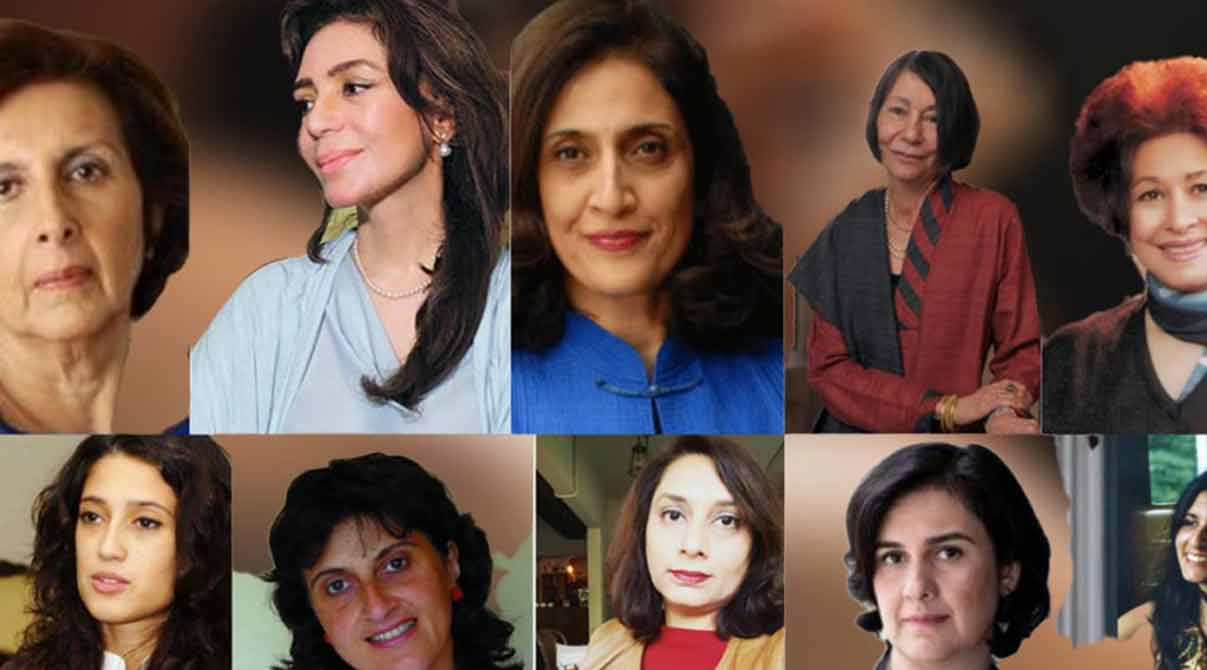
Authors in Pakistan have not only received critical acclaim but also garnered prestigious global awards, adorning the literary landscape of the country. These authors have skillfully used their pens to weave narratives that are compelling, thought-provoking, and reflective of the socio-cultural milieu of Pakistan.
Mohsin Hamid
Born in 1971 in Lahore, Mohsin Hamid is a celebrated author whose work encapsulates the complex realities of life in contemporary Pakistan. His literary style is eloquent and accessible, making profound themes relatable to a broad audience. With a nuanced exploration of issues like immigration and identity, Hamid has garnered international acclaim, becoming a pivotal figure in Pakistani literature.
Kamila Shamsie
Born in 1973 in Karachi, Kamila Shamsie is famous for her contributions to Pakistani literature. Her writing, known for blending historical and contemporary themes, offers engaging stories reflective of societal dynamics. An active advocate for literature and arts, Shamsie’s celebrated work has earned her international recognition and a prominent place among contemporary authors.
Bapsi Sidhwa
Born in Karachi in 1938, Bapsi Sidhwa is a distinguished novelist acclaimed for her insightful depiction of the Parsi community. With novels translated into multiple languages, Sidhwa’s work has garnered international accolades, including the Sitara-i-Imtiaz. Her compelling storytelling and vivid characterizations make her a significant voice in South Asian literature, celebrated globally for its depth and authenticity.
Daniyal Mueenuddin
Daniyal Mueenuddin, born in Los Angeles and raised in Pakistan, has significantly contributed to English literature with his compelling storytelling and deep understanding of rural life in Pakistan. His acclaimed collection of short stories has not only received prestigious literary awards but also garnered appreciation from readers and critics globally for its insightful depiction of life’s complexities.
Mohammed Hanif
Mohammed Hanif, born in Okara, Pakistan, has carved a niche in literature with his darkly comedic and insightful novels. His literary career, marked by a distinctive narrative voice and keen social commentary, has garnered widespread acclaim. Hanif’s works adeptly navigate complex themes, offering readers a unique blend of humor and depth, making him a notable figure in contemporary literature.
Nadeem Aslam
Nadeem Aslam, born in Gujranwala, Pakistan, is a distinguished author celebrated for his poetic prose and intricate storytelling. His works, deeply embedded in cultural, social, and political contexts, offer readers a profound insight into the complexities of life and human relationships. Aslam’s literary style is famous for its eloquence and the sensitive portrayal of poignant themes.
Related: Children’s Books in English by Pakistani Writers You Didn’t Know About
Top Pakistani Award-Winning Books: Where Stories Come Alive
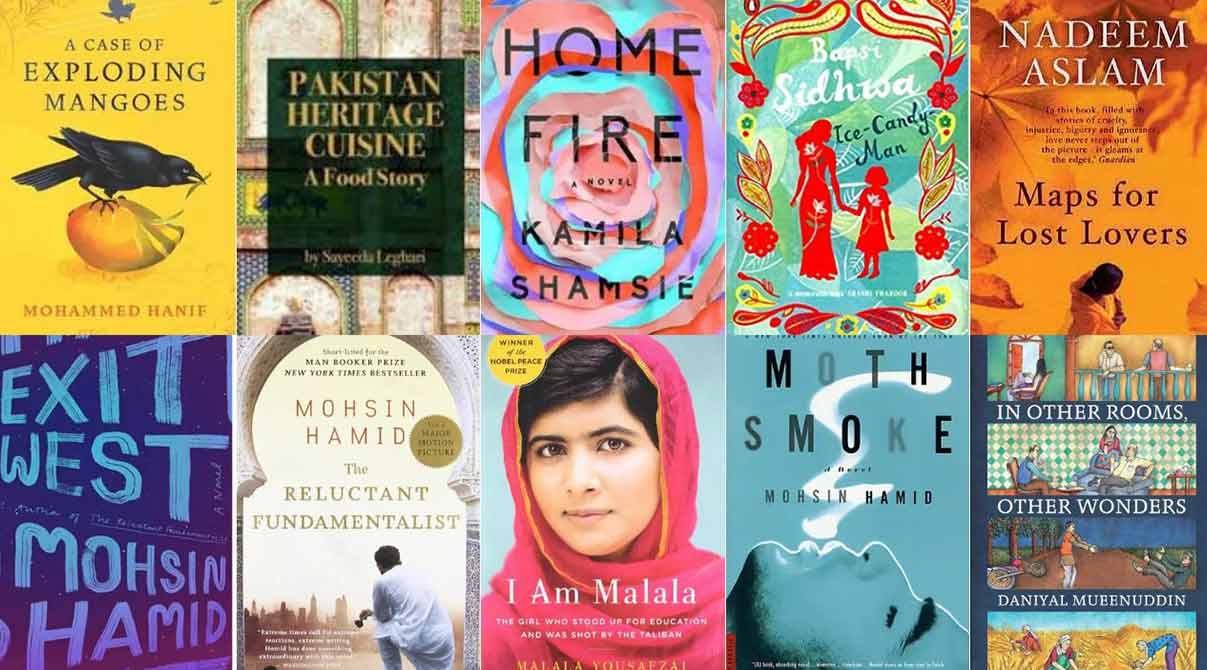
Delve into the enchanting world of Pakistani Award-Winning Books, where every story offers a unique exploration of various aspects of life. These celebrated works provide readers with a gateway to diverse experiences, emotions, and viewpoints, encapsulating tales deeply connected to Pakistan’s rich cultural heritage while resonating universally. With captivating narratives and finely crafted prose, these award-winning books from Pakistan are a delight for readers around the globe.
1. Exit West by Mohsin Hamid
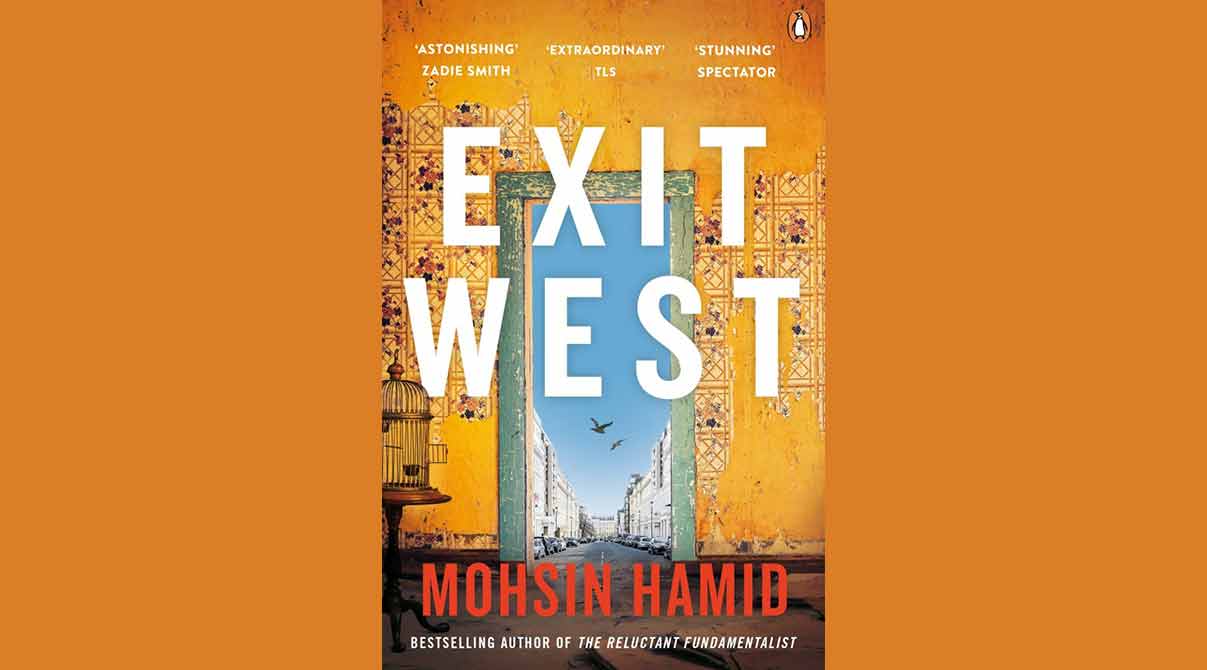
“Exit West”, a masterpiece crafted by Mohsin Hamid in 2017, has received significant acclaim, being a Booker Prize nominee and securing the Aspen Words Literary Prize. Set in the genre of magical realism, the novel unfolds the gripping tale of Nadia and Saeed, two migrants striving to find stability in a world steeped in chaos. The protagonists discover enchanting doors that serve as portals to various corners of the globe, symbolizing the unpredictable and tumultuous journey of refugees seeking sanctuary.
As Nadia and Saeed traverse through these magical thresholds, their relationship experiences shifts and turns, reflecting the internal and external changes they encounter. The novel meticulously delves into themes of love, displacement, and identity, providing readers with a profound understanding of migration and the quest for belonging in a fractured world. With its innovative storytelling and resonant themes, “Exit West” has garnered positive reviews for its relevance and insightful depiction of the human condition amidst geopolitical strife.
2. The Shadow of the Crescent Moon by Fatima Bhutto
“The Shadow of the Crescent Moon,” penned by Fatima Bhutto in 2013, is a noteworthy novel that was honored with the Prix de la Romanciere. This work of fiction, set over the course of one morning in a small town in Pakistan’s tribal regions, explores the lives of three brothers who are facing individual challenges and conflicts in a time of political unrest. The novel provides a glimpse into the complexities and nuances of a society grappling with its identity amidst the shadows of war and terrorism.
As the narrative unfolds, the intricate dynamics of love, loyalty, and sacrifice in a family living under the constant threat of violence are introduced to readers. Bhutto’s novel has received appreciation for its compelling storytelling, vivid characterization, and the sensitive portrayal of a community caught in geopolitical crossfires. Critics and readers have acknowledged “The Shadow of the Crescent Moon” for its depth, insight, and the ability to humanize the often misunderstood and misrepresented narratives of people living in conflict-ridden areas.
3. Moth Smoke by Mohsin Hamid
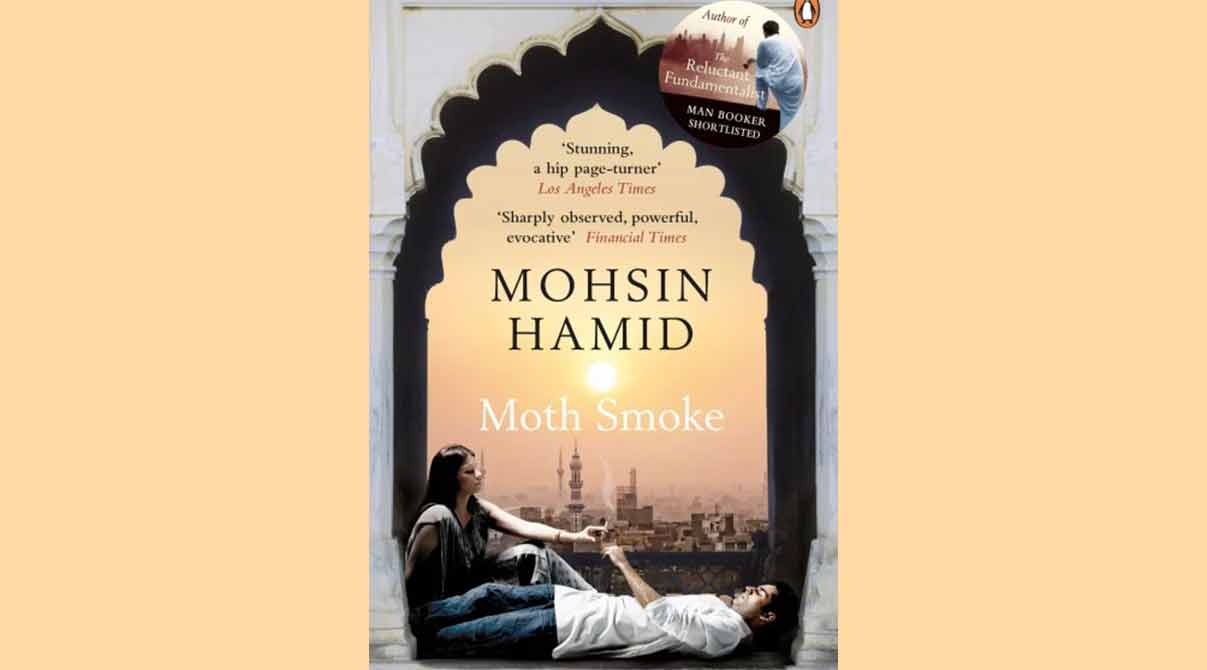
“Moth Smoke,” another brilliant creation by Mohsin Hamid, was published in 2000 and is a recipient of the esteemed Betty Trask Award. This novel, a significant entry in the canon of Pakistani Award-Winning Books, is a compelling exploration of the socio-economic divides and moral decline in contemporary Lahore. The story revolves around Darashikoh Shezad, a banker who loses his job and gradually descends into a life of drugs and crime.
As Daru navigates through a labyrinth of decadence and depravity, the novel offers a scathing critique of the societal elite and the pervasive corruption infecting the city’s veins. “Moth Smoke” is has received for its dark humor, gritty realism, and the unflinching gaze it casts upon the shadows lurking within society. Readers and critics have acknowledged the novel for its sharp wit, engaging narrative, and the profound commentary embedded within its pages, making it a must-read for enthusiasts of Pakistani literature.
4. The Reluctant Fundamentalist by Mohsin Hamid
Mohsin Hamid unveiled another gem “The Reluctant Fundamentalist,” in 2007, and it swiftly garnered attention, earning a nomination for the esteemed Man Booker Prize. This Pakistani Award-Winning Book is a thrilling monologue delivered by the protagonist, Changez, to an American stranger in Lahore. The novel, residing in the psychological thriller genre, explores Changez’s disenchantment with the American dream post-9/11 and his eventual return to Pakistan.
As Changez narrates his journey, the novel takes readers on a roller-coaster of emotions and experiences, reflecting the global socio-political climate of the time. The book is a mirror reflecting themes of identity, alienation, and the East-West cultural divide. Readers and critics have lauded “The Reluctant Fundamentalist” for its compelling narrative, thought-provoking themes, and Hamid’s ability to capture the complex psyche of his characters, making it a standout piece in the panorama of contemporary literature.
5. Home Fire by Kamila Shamsie
“Home Fire,” a brilliant creation by Kamila Shamsie in 2017, has been recognized with the prestigious Women’s Prize for Fiction. This Pakistani Award-Winning Book, categorized as a contemporary fiction novel, intricately explores the lives of a British Muslim family entangled in the complex web of modern-day politics and identity crises. The narrative is a modern retelling of Sophocles’ “Antigone,” where the protagonist, Isma Pasha, navigates through love, duty, and sacrifice amidst the backdrop of terrorism and loyalty.
The Pasha family’s grappling with their ties to jihadism takes readers on a roller-coaster of emotions and conflicts, reflecting the global struggle against terrorism and the often-overlooked human stories in the process. “Home Fire” has received widespread acclaim for its powerful storytelling, nuanced characters, and its bold confrontation of pressing global issues. Readers and critics alike have acknowledged Shamsie’s ability to weave a tale that is as heartbreaking as it is relevant, making it a standout piece in contemporary literature.
6. A Case of Exploding Mangoes by Mohammed Hanif
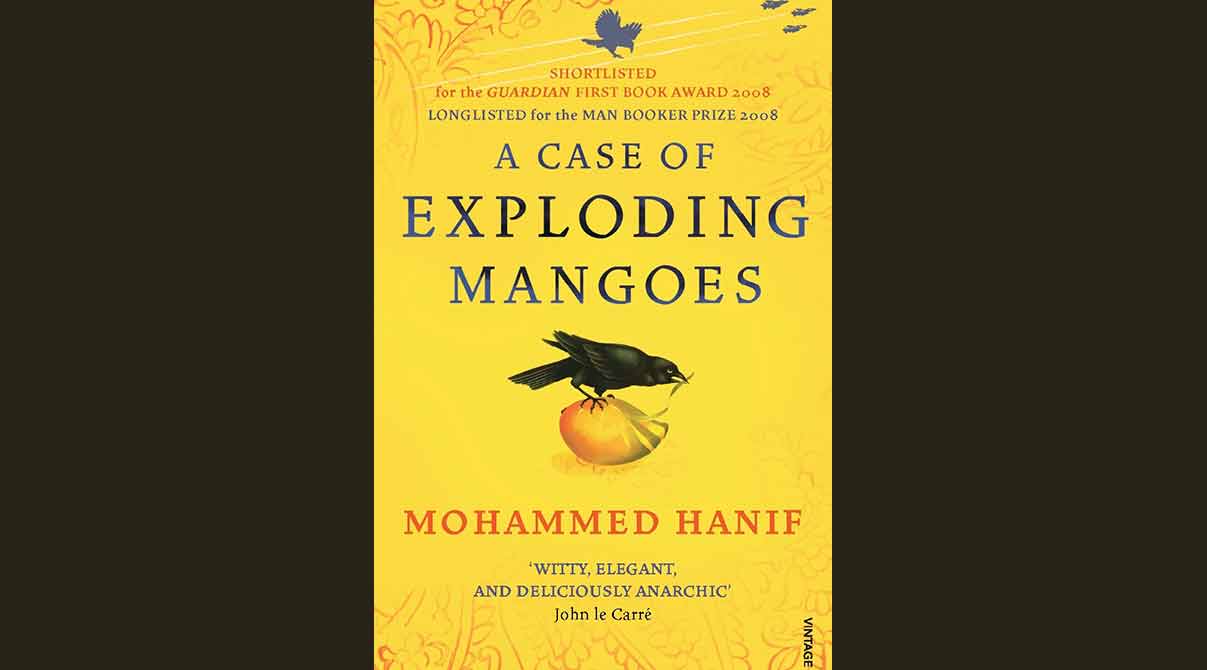
“A Case of Exploding Mangoes” is a noteworthy addition to the array of Pakistani Award-Winning Books. The talented Mohammed Hanif wrote it in 2008. Set against the backdrop of political upheaval in Pakistan during the 1980s, this intriguing novel secured the Commonwealth Book Prize. The narrative is a fictional exploration of the events leading up to the mysterious plane crash that killed Pakistani President, General Muhammad Zia-ul-Haq.
Crafted with wit and dark humor, the novel weaves a tapestry of conspiracy theories. It provides readers with a satirical yet insightful look into the political landscape of Pakistan during a pivotal era. The genre blends historical fiction with political satire, making it a compelling read that is both entertaining and thought-provoking. Readers and critics have lauded “A Case of Exploding Mangoes” for its sharp and engaging writing style. Its fearless critique of political power dynamics marks it as a must-read for enthusiasts of intelligent, historically grounded fiction.
7. Burnt Shadows by Kamila Shamsie
“Burnt Shadows,” is a compelling narrative by Kamila Shamsie. She unveiled it in 2009 and it swiftly garnered recognition, being shortlisted for the Orange Prize for Fiction. It also won the Danish Literature Prize ALOA in 2010. This Pakistani Award-Winning Book is a historical novel that seamlessly weaves through time and space. It starts from the catastrophic events of the atomic bomb in Nagasaki in 1945 to the aftermath of 9/11.
The novel introduces readers to Hiroko Tanaka, a survivor of the Nagasaki bombing. It follows her life’s journey across continents, from Japan to India, Turkey, and eventually the United States. Throughout her journey, Hiroko encounters love, loss, and a constantly changing geopolitical landscape. Praise for Shamsie’s storytelling revolves around its depth and the intricate exploration of the intersections between personal and political histories, identities, and cultural collisions. Readers and critics alike have acknowledged “Burnt Shadows” for its eloquent prose, engaging storyline, and the sensitive portrayal of historical events and their impact on individual lives.
8. Salt and Saffron by Kamila Shamsie
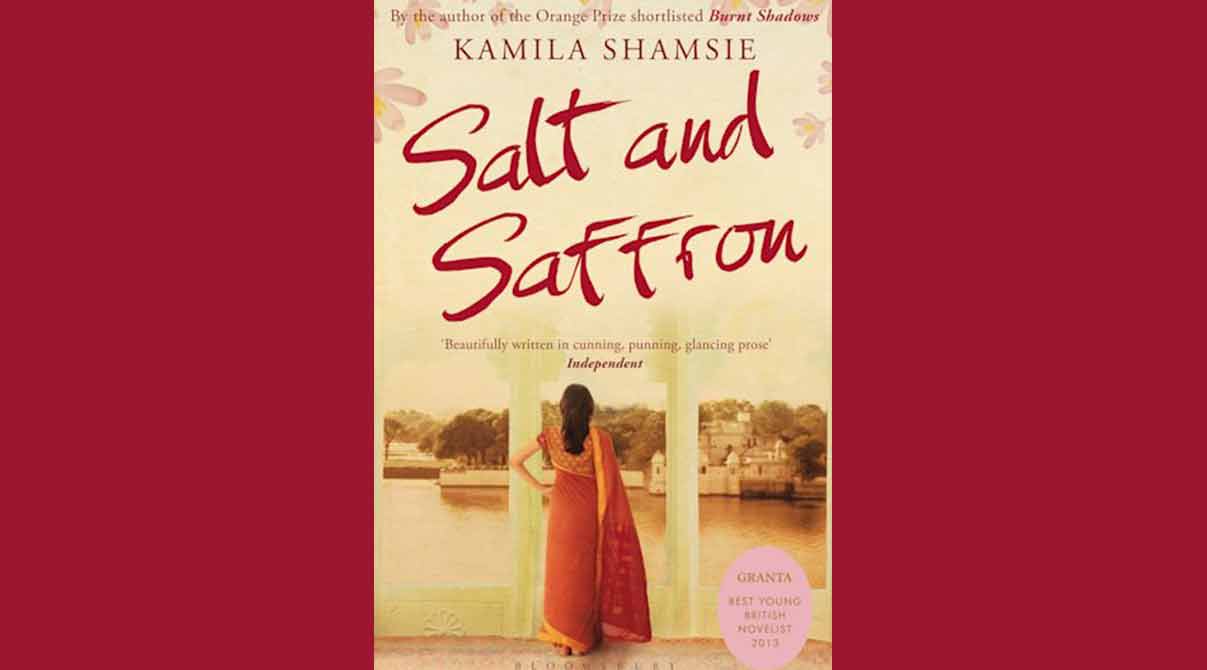
“Salt and Saffron,” is an exquisite novel by Kamila Shamsie. She penned it in 2000 and it swiftly gained recognition, being shortlisted for the John Llewellyn Rhys Prize. It also earned Shamsie a spot on Orange’s prestigious list of ’21 Writers for the 21st Century’. The novel is a delightful tapestry of family saga and romance. It explores the complexities of love and identity amidst the socio-cultural intricacies of Pakistan.
The narrative follows Aliya, a young woman belonging to a large Karachi family. She navigates through a maze of family stories and secrets as she returns home from the United States. With wit and sensitivity, the novel delves into themes of class and gender. It also explores the partition’s lingering effects on the subcontinent’s people. Readers and critics have praised “Salt and Saffron” for its engaging storytelling, vibrant characters, and insightful exploration of Pakistani society. These qualities have made it a standout piece among Pakistani Award-Winning Books.
9. In Other Rooms, Other Wonders by Daniyal Mueenuddin
“In Other Rooms, Other Wonders,” is a collection of connected short stories by Daniyal Mueenuddin published in 2009. It is a distinguished entry among Pakistani Award-Winning Books, having won The Story Prize and the Commonwealth Writers’ Prize. The book is set in the genre of literary fiction. It intricately explores the socio-economic divisions and personal struggles of various characters living in contemporary Pakistan.
The collection unveils the life of different characters. Each story reveals individuals connected through their association with a wealthy Lahore businessman, K.K. Harouni. The tales weave a tapestry of narratives, showcasing the lives of both the elite and the poor. They provide readers with a deep understanding of the complexities and contradictions that define life in Pakistan. With its compelling storytelling and authentic portrayal of Pakistani life. “In Other Rooms, Other Wonders” is popular for its depth, insight, and the delicate exploration of human vulnerability and resilience.
10. Cracking India by Bapsi Sidhwa
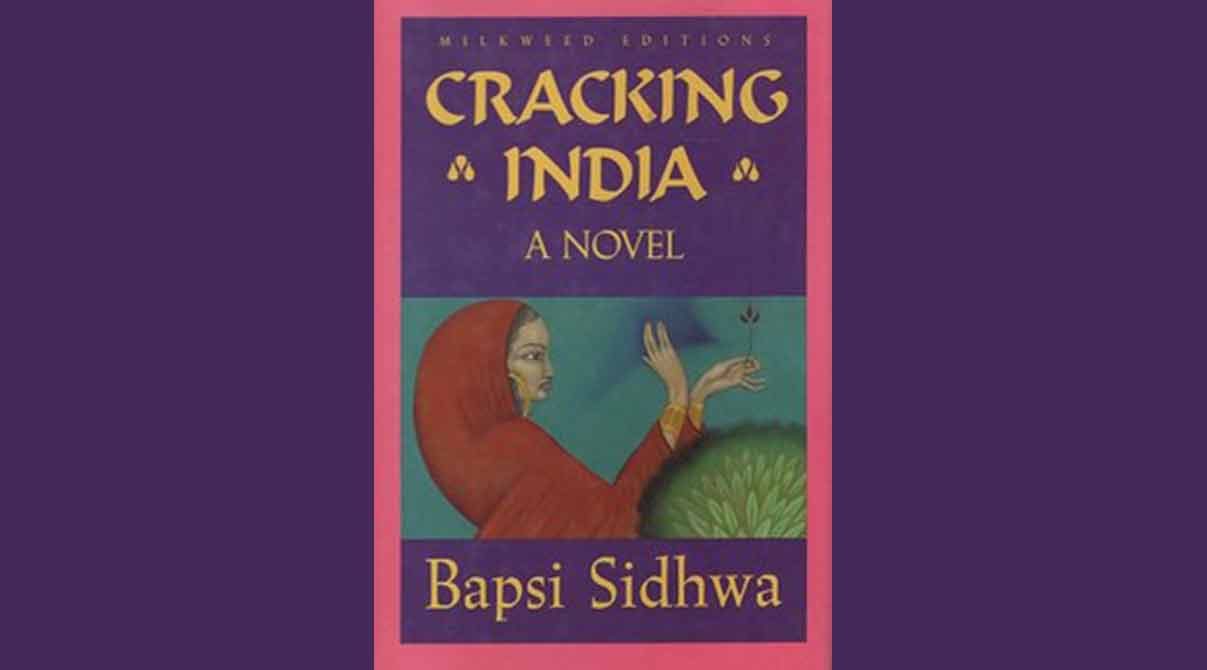
“Cracking India,” is a pivotal work by Bapsi Sidhwa published in 1988. It is among the esteemed Pakistani Award-Winning Books, honored with the LiBeraturpreis and the prestigious Sitara-i-Imtiaz. The novel is set against the backdrop of the traumatic partition of India in 1947. This historical novel portrays the harrowing transformation of Lahore through the eyes of an eight-year-old Parsi girl named Lenny. The city becomes engulfed in religious strife and political turmoil as seen through her perspective.
The novel provides a poignant exploration of the human cost of geopolitical decisions. It shows how communities are torn apart and individuals are forced to navigate a landscape marked by loss and change. With its vivid characterization and compelling narrative. “Cracking India” offers a deeply empathetic and insightful perspective on a pivotal moment in South Asian history. Readers and critics have lauded the novel for its emotional depth, historical insight, and the compassionate lens through which it views the events of the partition.
11. The Bride by Bapsi Sidhwa
“The Bride,” is a notable work in the realm of Pakistani Award-Winning Books. The esteemed Bapsi Sidhwa penned in 1983 and earned the German LiBeratur Prize. The novel unfolds against the backdrop of the scenic yet challenging terrain of the Himalayas. It’s a compelling narrative in the genre of cultural fiction. It tells the story of a young village girl who is sent against her will to marry a tribal leader. She escapes and undergoes a transformative journey amidst the breathtaking yet perilous landscapes.
The protagonist, as she navigates through a series of adventures and challenges, provides readers with a glimpse into the rich tapestry of South Asian culture, traditions, and the indomitable spirit of its people. “The Bride” has received acclaim for its vivid storytelling, strong character development, and authentic representation of the subcontinent’s heritage. Readers and critics alike have lauded Sidhwa for her ability to weave a tale that is as engaging as it is meaningful. Thus “The Bride” became a cherished addition to the canon of Pakistani literature.
12. Maps for Lost Lovers by Nadeem Aslam
“Maps for Lost Lovers,” is a brilliant work by Nadeem Aslam published in 2004. It stands out among Pakistani Award-Winning Books, being honored with the prestigious Kiriyama Prize. This novel is deeply embedded in the literary realism genre. It unravels in a nameless English town, providing a canvas where cultures, emotions, and lives intersect. It meticulously explores the lives of Pakistani immigrants, focusing on the disappearance of Jugnu and Chanda, a couple living in defiance of their community’s traditional norms.
The narrative is centered around the mystery of the couple’s disappearance. It also delves deeply into the lives of those left behind. And so, it offers a poignant commentary on love, religion, and cultural conflict. Aslam’s prose is celebrated for its poetic beauty and the ability to convey the complex emotional landscape of his characters. Readers and critics have acknowledged “Maps for Lost Lovers” for its lyrical storytelling, cultural insight, and the delicate exploration of love and loss within immigrant communities.
Related: Top Mumtaz Mufti’s Books Everyone Must Read
Internationally Acclaimed Books by Pakistani Authors
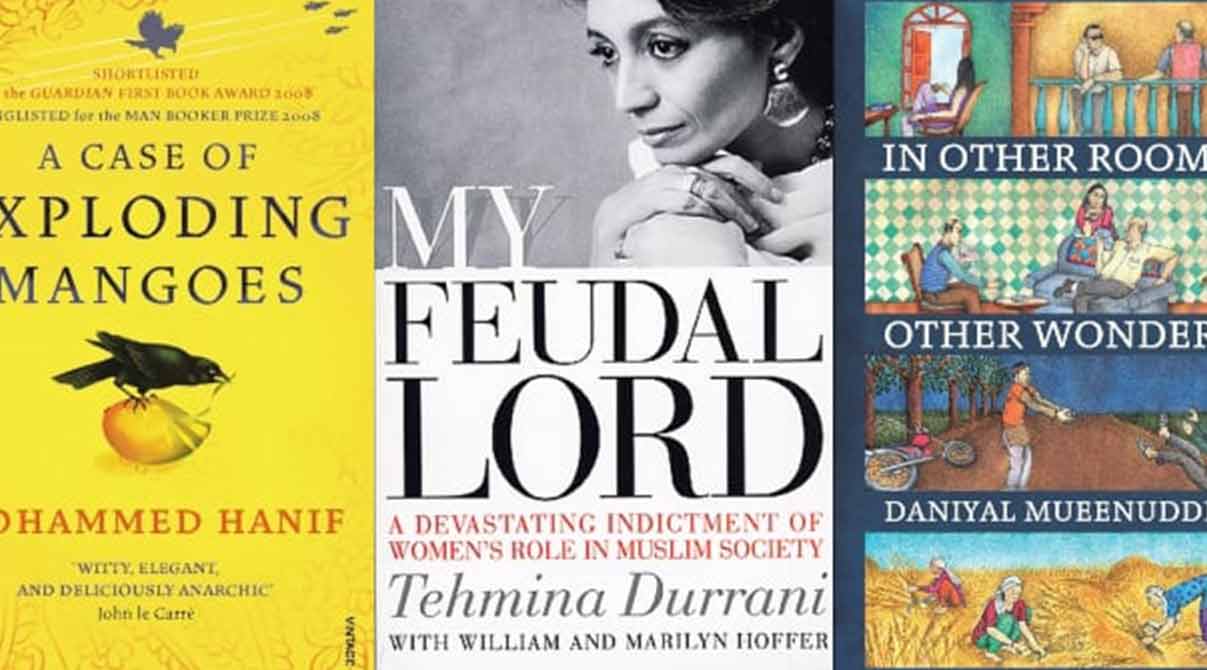
While awards recognize outstanding literary achievements. International acclaim serves as a testament to the enduring impact of a book on a global scale. Pakistani authors have produced a treasure trove of internationally acclaimed works that have resonated with readers worldwide. These books, though not necessarily awarded, have earned a special place in the realm of literature for their ability to transcend borders and cultures, offering profound insights into the human experience.
1. The Blind Man’s Garden by Nadeem Aslam
Nadeem Aslam’s “The Blind Man’s Garden” takes readers on a poignant journey through the aftermath of the 9/11 attacks. It’s a beautifully crafted narrative that delves into themes of love, loss, and the consequences of war. It resonates with readers worldwide for its lyrical prose and thought-provoking content.
2. The Scatter Here Is Too Great by Bilal Tanweer
Bilal Tanweer’s debut novel is a mosaic of interconnected stories set in Karachi. It captures the bustling chaos and diverse voices of the city, offering a rich and authentic portrayal of urban life. The book has gained international recognition for its portrayal of Karachi’s vibrancy and complexity.
3. Thinner Than Skin by Uzma Aslam Khan
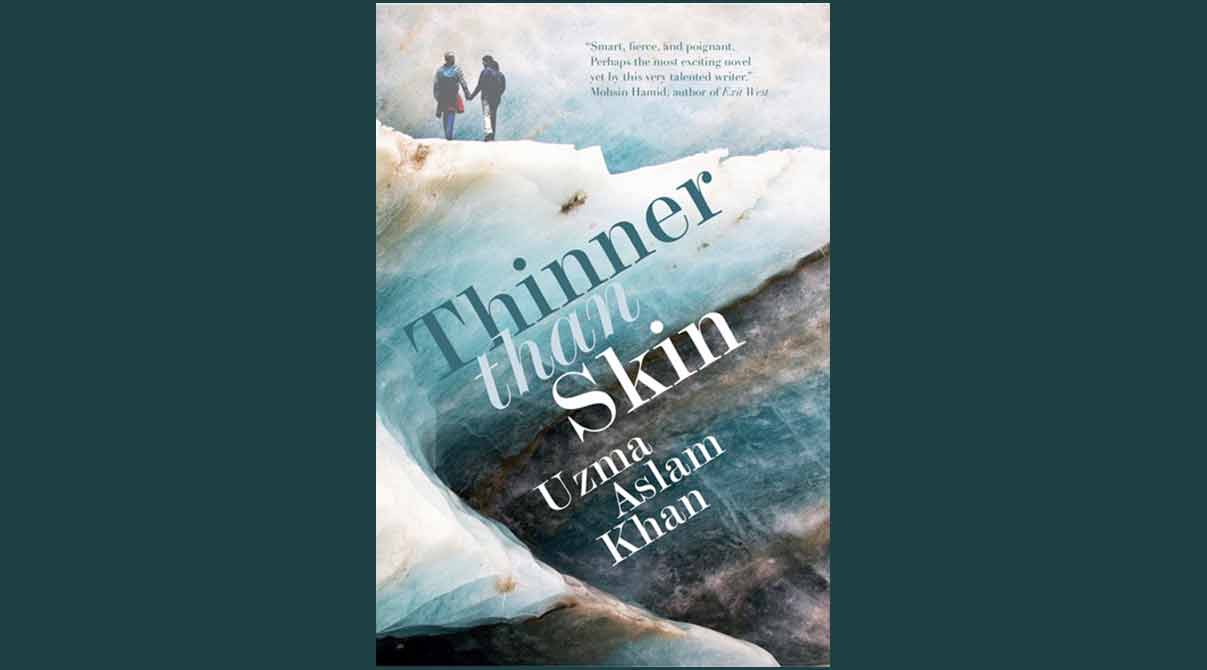
“Thinner Than Skin” by Uzma Aslam Khan is a literary exploration of love, belonging, and identity. The novel beautifully merges the personal with the political, and its evocative storytelling has garnered readers’ admiration globally.
4. The Wandering Falcon by Jamil Ahmad
Jamil Ahmad’s “The Wandering Falcon” is a collection of interconnected short stories set in the tribal areas of Pakistan and Afghanistan. The book’s exploration of the region’s people and their struggles has resonated with readers around the world. It offers a unique perspective on the area’s rich cultural tapestry.
5. The Duel by Tariq Ali
Tariq Ali’s historical novel, “The Duel,” transports readers to 18th-century Mughal India. Through vivid storytelling, it explores the tumultuous political landscape of the time. The book’s international acclaim stems from its immersive historical narrative.
6. The Crow Eaters by Bapsi Sidhwa
Bapsi Sidhwa’s “The Crow Eaters” is a satirical masterpiece. It offers a humorous and insightful portrayal of Parsi life in India and Pakistan. Its wit and unique perspective have attracted readers from diverse backgrounds.
7. The Scent of Wet Earth in August by Saadat Hasan Manto
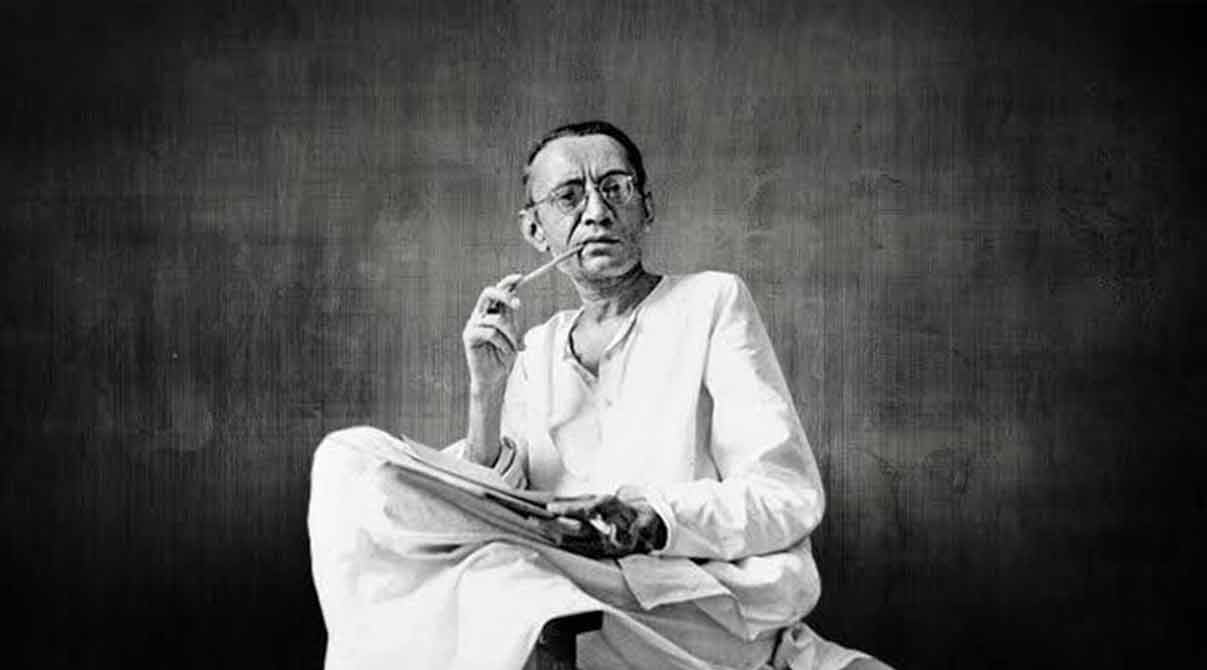
Saadat Hasan Manto’s short stories are celebrated for their candid depiction of the human condition. “The Scent of Wet Earth in August” showcases Manto’s ability to capture the raw emotions and complexities of his characters, making it a globally revered work.
8. The Beloved Witness: Selected Poems by Agha Shahid Ali
Agha Shahid Ali’s poetry transcends borders with its lyrical beauty and emotional depth. “The Beloved Witness” is a collection of his selected poems that have touched the hearts of readers worldwide, exploring themes of love, loss, and longing.
9. The Geometry of God by Uzma Aslam Khan
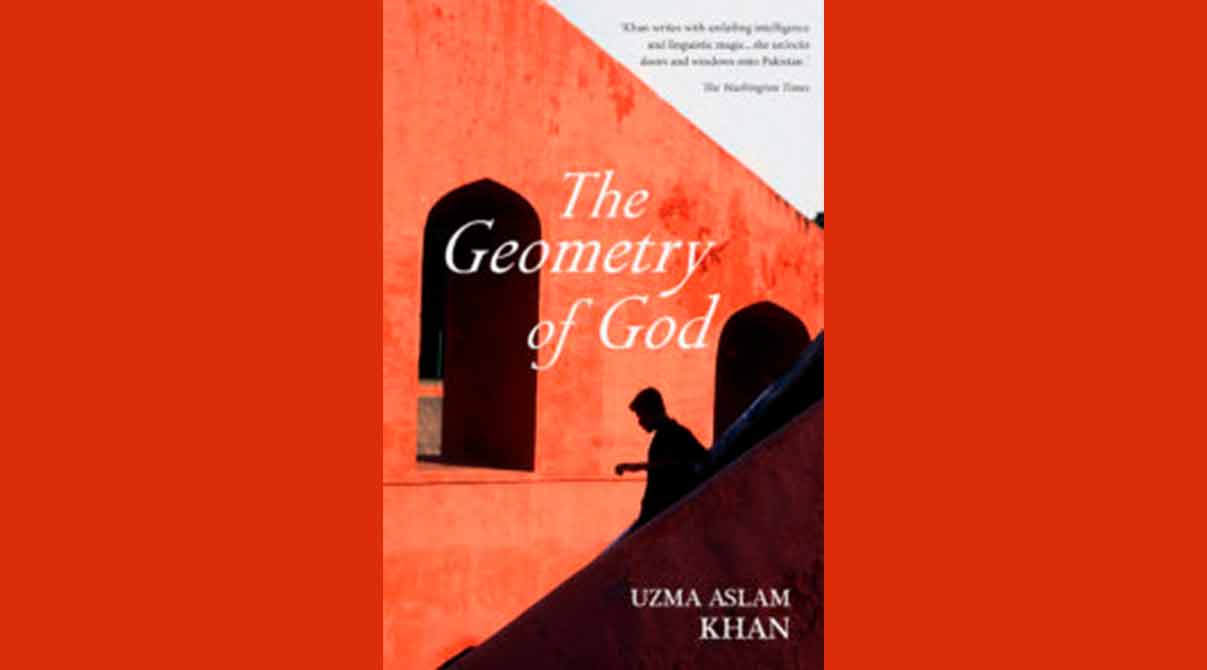
Uzma Aslam Khan’s “The Geometry of God” is a novel that intricately weaves together the personal and the political. It explores themes of science, faith, and family against the backdrop of Pakistan’s complex social landscape.
10. The Wish Maker by Ali Sethi
Ali Sethi’s debut novel, “The Wish Maker,” offers a glimpse into the lives of a young generation in Pakistan. It’s a coming-of-age story that reflects the aspirations and challenges of a changing society, resonating with readers for its relatable characters and themes.
11. Trespassing by Uzma Aslam Khan
“Trespassing” by Uzma Aslam Khan is a powerful narrative that tackles environmental and social issues. Its global resonance lies in its ability to shed light on urgent global concerns through storytelling.
12. In the Line of Fire: A Memoir by Pervez Musharraf
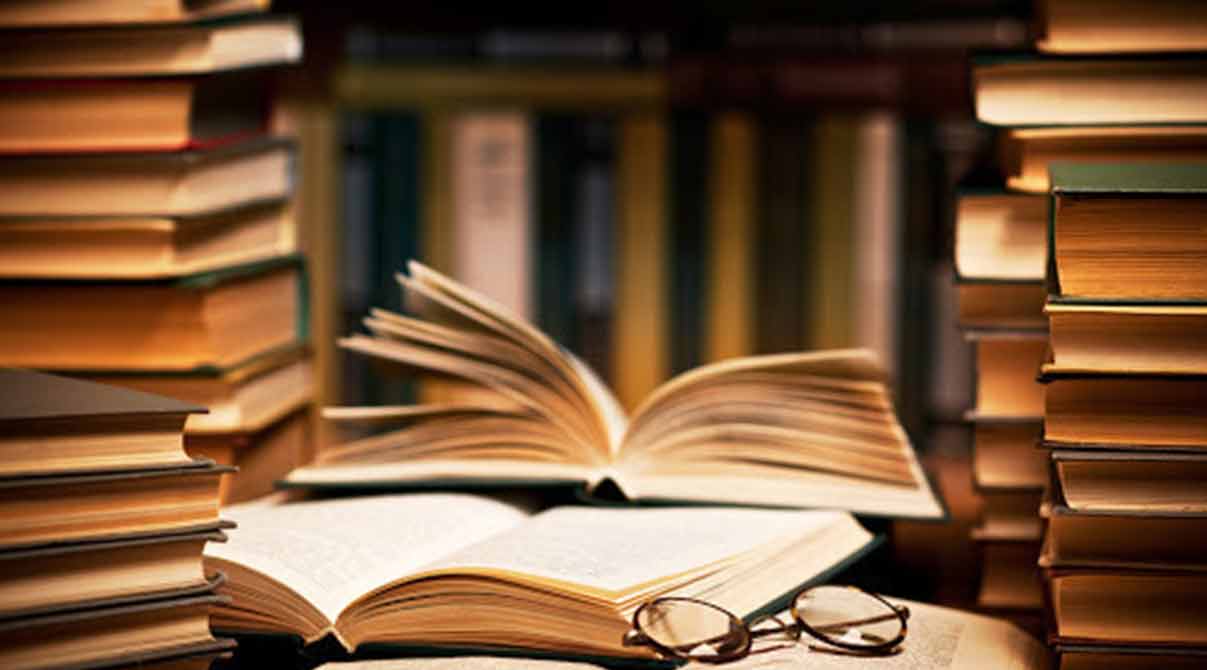
Former President Pervez Musharraf’s memoir, “In the Line of Fire,” provides an insider’s perspective on Pakistan’s political landscape. The book gained international attention for its insights into the region’s complex geopolitics.
13. Shadows of the Pomegranate Tree by Tariq Ali
Tariq Ali’s historical novel, “Shadows of the Pomegranate Tree,” immerses readers in the world of 15th-century Spain during the Inquisition. Its international acclaim stems from its vivid historical portrayal and storytelling.
14. The Book of Saladin by Tariq Ali
“The Book of Saladin” by Tariq Ali continues the historical saga. It offers readers an intimate look into the life of Saladin, the legendary Muslim leader. The book has been recognized internationally for its historical authenticity and narrative richness.
These internationally acclaimed books by Pakistani authors showcase the breadth and depth of Pakistani literature. They invite readers on a transcendent journey, bridging cultures and hearts through the power of storytelling. While not always adorned with awards, these books have left an indelible mark on the global literary landscape, captivating readers with their narratives.
Related: 10 Inspiring Books on Leadership & Creativity to Add to Your Summer Reading List
Final Thoughts
In the realm of literature, Pakistani authors have crafted exceptional tales. They have left an indelible mark on the global stage. Within the covers of Pakistani Award-Winning Books and internationally acclaimed works. These authors have shared narratives that delve deep into human emotions, unveil the layers of identity, and navigate the ever-evolving socio-cultural landscapes of Pakistan.
As we bring our journey through Pakistani literature to a close. It’s evident that these authors have made profound contributions to the world of letters. From Mohsin Hamid’s innovative storytelling and Kamila Shamsie’s poignant narratives, to Bapsi Sidhwa’s historical perspectives and Nadeem Aslam’s lyrical prose, these writers have enriched global literature with their distinct voices and perspectives.
We invite readers to embark on their own literary odyssey through these award-winning and acclaimed Pakistani books. For within their pages lie stories waiting to be explored, embraced, and treasured. As we conclude this article, let us celebrate the literary treasures found in the world of Pakistani Award-Winning Books. Let’s continue to uncover the captivating narratives that beckon us to discover and appreciate the wealth of Pakistani literature.